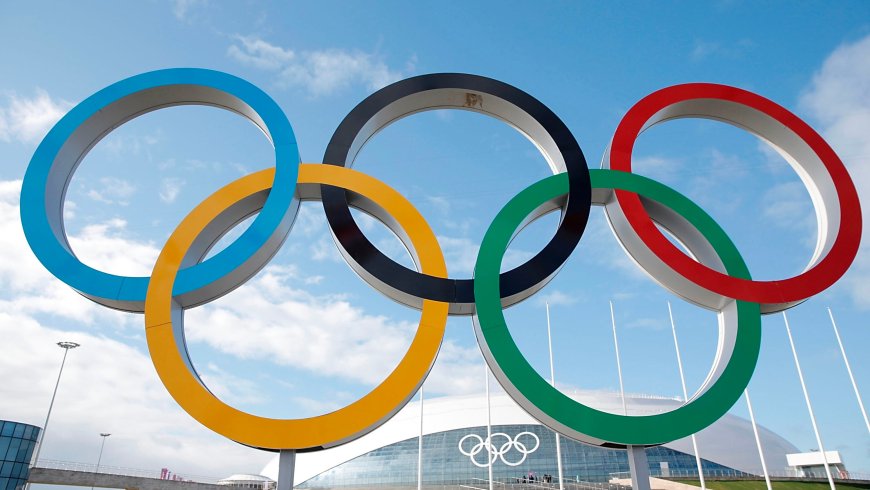Asia and Africa have the largest populations, but Europe and North America dominate Olympic medals

European nations account for only about one-tenth of the global population, but its countries have won more than 7,600 medals in the Summer Olympics, around half of all Summer medals awarded.
Most of these dominant countries have participated in at least 20 of the 30 (including Paris) Summer Games held so far, typically fielding large teams that compete in a wide variety of events.
Great Britain stands out among European nations, with 921 medals earned since the first modern Olympics in 1896, consistently winning medals in every Summer Games. However, in terms of medals per capita, Finland and Hungary are the top performers with more than 50 medals per million people.
Around 70% of Summer Olympics medals have gone to European teams and the United States, which traditionally have big representation across many disciplines and have made the most modern Olympic appearances since its inception in 1896.
Thirteen countries have won 20 or more Summer Olympics medals per million people, with European nations dominating. Three Caribbean countries also make the list: the Bahamas with 12 of its 16 medals in sprint events, Jamaica with 85 of its 88 also in sprints, and Cuba gaining a third of its medals in boxing.
The United States is another Olympic powerhouse, holding the record for the most medals won, with 2,646 across 39 sports since 1896.
Some small Caribbean nations like Jamaica, known for sprinting record-holder legend Usain Bolt, have also achieved notable success, particularly in athletics.
In Asia, China leads with 636 medals, which is nearly 30% of all medals won by Asian countries, while Kenya tops Africa’s medal count, winning 113 medals, predominantly in athletics.
Source: CNN
























































